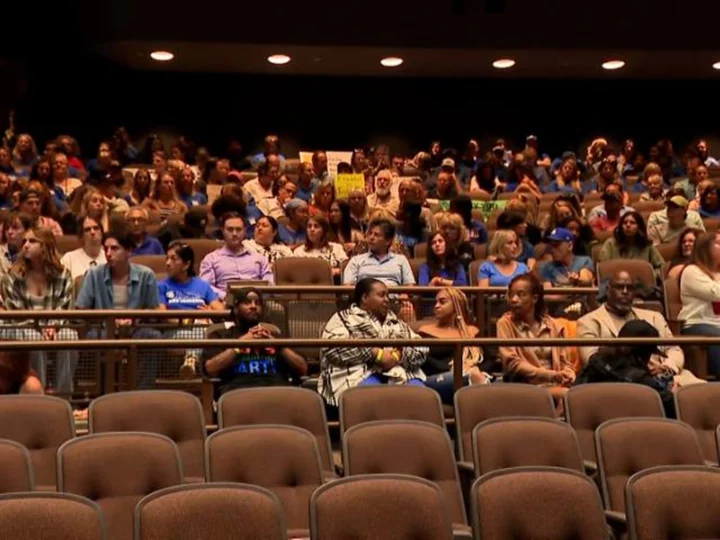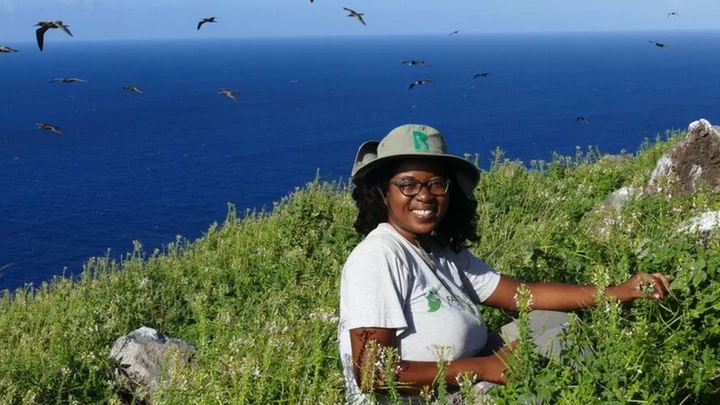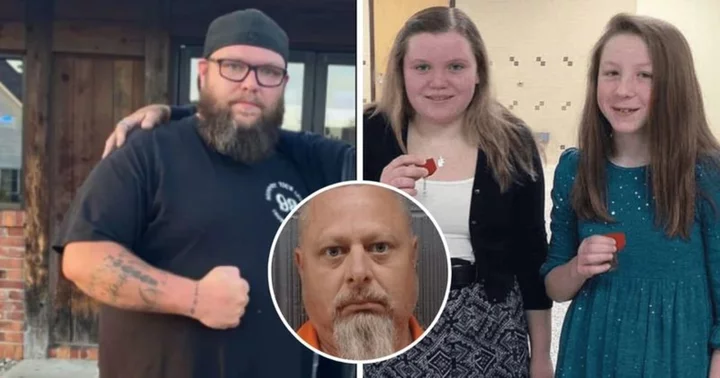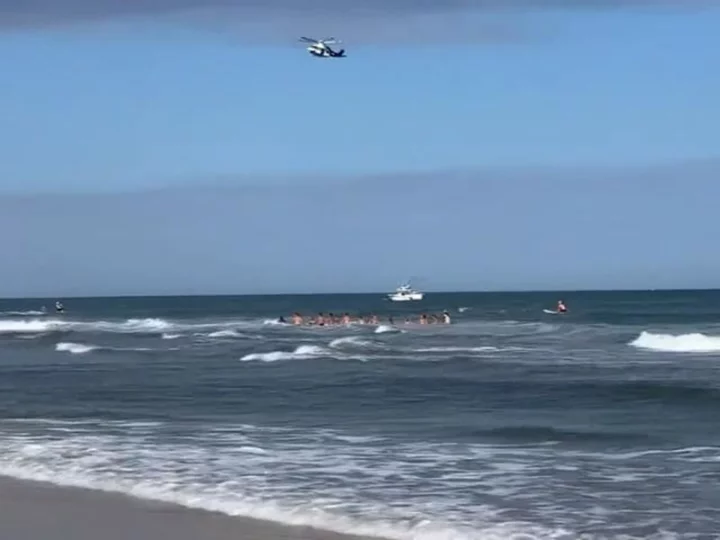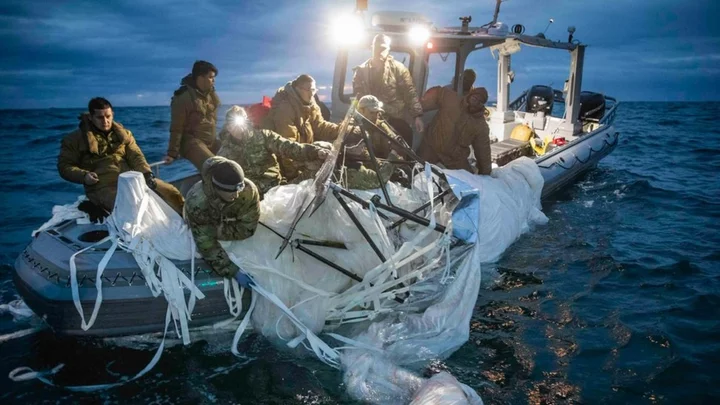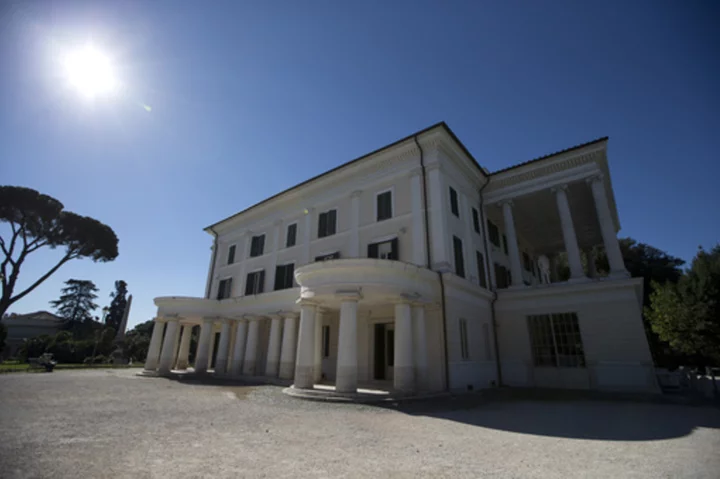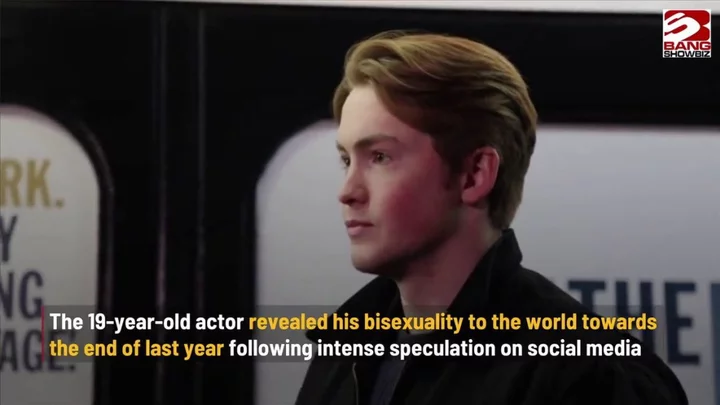Parents in the southern California city of Temecula are pushing back against the local school board's recent decision to reject a social studies curriculum that includes gay rights after some board members claimed there was not enough parental involvement in the process and made comments attacking gay rights activist and politician Harvey Milk.
The comments came during a May 16 board meeting during which the Temecula Valley Unified School District Board of Education voted 3-2 to reject the adoption of a social studies curriculum for grades one through five. The curriculum contains a textbook that includes material on gay rights and mentions the work of Milk.
"I find the inclusion of sexually based topics and the glorification of a known pedophile who happened to be an advocate for gay rights to 10-year-olds morally reprehensible and inappropriate," board member Danny Gonzalez said during the meeting. He later clarified he was referring to Milk.
Known as a pioneering trailblazer for gay rights, Milk is believed to be the first openly gay politician ever elected to public office in California, in 1977. While serving on the San Francisco Board of Supervisors, Milk worked with Mayor George Moscone on legislation outlawing discrimination based on sexual orientation. Both men were later assassinated in 1978 by the only board supervisor who voted against the legislation. Milk was awarded the Presidential Medal of Freedom by President Barack Obama in 2013.
The curriculum -- recommended by staff and adopted by the State Board of Education -- does not actually include Milk directly, but a short biography is included in a supplemental resource for teachers that describes his lifestyle and his work for gay rights in California, Anna Tapley, the school district's director of curriculum and instruction, said in the May 16 meeting.
Board president Dr. Joseph Komrosky responded: "My question is why even mention a pedophile? Why even mention that? What has that got to do with our curriculum in schools? That's a form of activism."
According to the late San Francisco journalist Randy Shilts' biography of Milk, "The Mayor of Castro Street," Milk began a relationship with Jack McKinley, a 16-year-old runaway, while living in Greenwich Village. Milk was 34. Their relationship has long been a source of controversy. The age of consent in New York was raised from 14 to 18 in 2017. McKinley died by suicide in 1980.
California Gov. Gavin Newsom called Komrosky's comment "an offensive statement from an ignorant person."
"This isn't Texas or Florida. In the Golden State, our kids have the freedom to learn. Congrats Mr. Komrosky you have our attention. Stay tuned," Newsom posted on Twitter.
In an early June news conference, Komrosky said his statements about Milk "were not based upon him being a homosexual, but rather based upon him being an adult having a sexual relationship with a minor."
"I would express the same sentiments of any adult being offered as an example in K through five textbooks (who) had admitted to a sexual relationship with a minor. That is the source of my objection to his example ... not his sexual orientation," he said.
States across the country have increasingly tried to ban topics like critical race theory and LGBTQ rights from curricula in the past several years. States like Texas, Florida and Missouri introduced or passed bills to limit what content students can be taught regarding these topics, with at least 491 anti-LGBTQ bills introduced in state legislatures around the United States, according to the ACLU.
The Temecula board most recently drew attention for firing its superintendent without cause, according to the Los Angeles Times, and banned critical race theory from school curricula in December.
Stuart Milk, the nephew of Harvey Milk and executive chair of the Harvey Milk Foundation, said in a statement to CNN that "lies and myths that a small minority of zealots try to conjure up cannot darken the incredible light and inspiration that my uncle gave to us all." CNN has followed up with Milk about his uncle's relationship with McKinley.
While he says he's not able to comment on the specific allegations the two board members made against Milk, Andrew Shaffer, director of development and communications at the GLBT Historical Society, reflected on a broader context of maligning queer people.
Allegations of pedophilia against queer people are not new, he said. The claims against Milk reflect similar claims made during a failed California ballot initiative in 1978 called the Briggs Initiative, which looked to ban all queer people from teaching in public schools, according to Shaffer.
"They were saying that queer people are groomers, they are out to hurt children," Shaffer said. To counter this, he said, many gay people went door to door to introduce themselves to their neighbors to show they were normal people. The initiative ultimately failed and allowed gay people to keep teaching in public schools, he said.
"It's frustrating now almost half a century later to have queer people described this way," Shaffer said. "There are actual dangers to children and they have nothing to do with queer people."
Parents voice opinions
The proposed social studies curriculum was part of a pilot process started last year and included 47 classrooms with 1,300 students, Kimberly Velez, assistant superintendent of Student Support Services, said during the May 16 meeting.
The school board held a follow-up meeting Tuesday where community members were allowed to voice their opinions on the curriculum controversy.
Emily Hyer, a parent who came to Temecula for its education system, was disheartened. Hyer's son took part in the pilot program, and she said he was excited about what he was learning. Hyer was frustrated by the decision to ban the program, especially in light of claims by some board members that there was not enough parental involvement in the process.
"I didn't submit comments or come to the last meeting because I did not think it was necessary and I trusted that they would take the word of the teachers," she said. "As parents, we put a lot on the teachers because they are the experts, and when they say something is great, and our schools are great, we trust them."
Annalisa Bujas, who teaches fourth and fifth grades, said she is saddened by the lack of collaboration in the community. This inability to cooperate is now affecting families and students who feel the stress between the board and teachers, she said.
"We have never before experienced anything as tumultuous as we have right now," Bujas said.
Leon Alexander, the father-of-law of Komrosky and a grandfather of an elementary student in Temecula, believes the board did not reject the proposed program because of the reference to Milk, but rather the lack of parental input. These decisions should be controlled by the school board and parents, according to Alexander.
"There is not enough parent and community input as to what's going on into our schools," he said.
CORRECTION: This story has been updated to describe Leon Alexander's relationship to Komrosky and correct the number of grandchildren Alexander currently has in the district.

